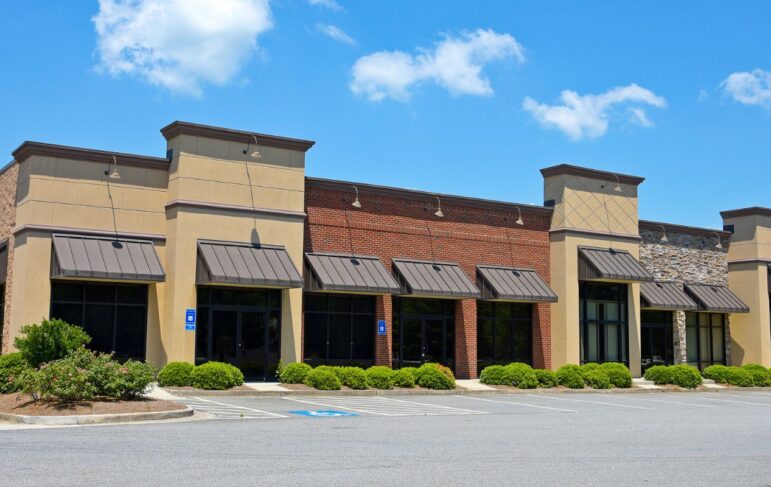Understanding Indemnification In Commercial Leases
Signing a commercial lease can be a real commitment, and the fine print can have long-term financial implications. One of the most important parts of a lease agreement is the indemnification clause, which outlines who is responsible for covering legal claims, damages or losses that occur on the leased property.
So, what does indemnification mean? In simple terms, indemnification is a contractual obligation where one party agrees to compensate another for specific losses or damages. In the context of commercial leases, these clauses protect landlords, tenants or both from legal and financial liability.
At Dan Burke Attorney at Law, we help Texas business owners and property owners navigate commercial lease agreements to ensure their rights are protected. Understanding how indemnification in real estate works can help you make informed decisions before signing a lease.
Indemnification In Real Estate: What It Covers And Why It Matters
Indemnification clauses are common in commercial real estate contracts because they help allocate risk between landlords and tenants. These provisions determine who is financially responsible if an accident, property damage or legal dispute arises on the premises.
For example, if a customer slips and falls inside a leased retail space, the indemnification clause in the lease will determine whether the landlord or tenant is responsible for covering medical expenses and potential legal fees. Without a clear indemnification clause, disputes over liability can lead to costly litigation.
Indemnification clauses can cover various scenarios, including:
- – Injuries that occur on the property due to tenant operations
- – Property damage caused by a tenant or their employees
- – Legal claims against the tenant due to business activities on the premises
Because liability in commercial leases can be significant, both landlords and tenants should carefully review indemnification terms before signing.
What Is An Indemnity Clause?
An indemnity clause is a provision in a contract that shifts financial responsibility for certain risks from one party to another. In a commercial lease, an indemnity clause determines who will cover damages, legal costs and other liabilities related to the property.
There are different types of indemnity clauses, including:
- – Broad indemnity — The tenant assumes full responsibility for all claims, even those caused by the landlord’s negligence.
- – Intermediate indemnity — The tenant covers claims unless the landlord is solely at fault.
- – Limited indemnity — The tenant is only responsible for claims caused by their own negligence or actions.
Understanding indemnity clause language in your lease is crucial to ensuring you are not accepting more liability than necessary. In Texas, state laws may limit the enforceability of certain indemnification provisions, making it even more important to have an attorney review the lease terms.
Why Indemnification Clauses Matter In A Commercial Lease
Indemnification clauses are designed to protect both landlords and tenants, but the specific terms can heavily favor one party over the other. A poorly negotiated indemnification clause could leave a tenant responsible for risks beyond their control, such as structural issues with the building or accidents in common areas.
Key risks covered under an indemnification clause may include:
- – Personal injury claims — If someone is injured on the leased premises, the clause determines who is financially responsible.
- – Property damage — Damage caused by tenant operations, such as fire or water damage, may be covered under the indemnification terms.
- – Third-party lawsuits — If a tenant’s business activities result in a lawsuit, the indemnification clause may require them to cover the landlord’s legal fees.
Negotiating fair indemnification terms ensures that both parties share risk appropriately. Tenants should be cautious of overly broad indemnification clauses that could make them responsible for incidents beyond their control.
How To Review An Indemnification Clause In Your Lease
Before signing a commercial lease, consider the following questions about the indemnification clause:
- – Who is responsible for indemnifying whom? Clearly define whether the landlord, tenant or both are responsible for covering claims.
- – What types of liabilities are covered? Some clauses apply only to tenant-related damages, while others include broader risks.
- – Are there any exceptions? Look for carve-outs that limit liability in certain situations, such as negligence by the landlord.
Because indemnification clauses can be complex, tenants should consult an attorney to ensure they fully understand their obligations. A well-negotiated lease can help avoid costly disputes and unexpected financial burdens.
Need Help Reviewing A Commercial Lease? Contact Dan Burke Attorney At Law
Understanding an indemnification clause is critical when signing a commercial lease. Overlooking key details could leave you exposed to unnecessary liability and expenses. At Dan Burke Attorney at Law, we help business owners and property owners in Texas negotiate fair lease agreements that protect their interests.
If you need assistance reviewing a commercial lease or negotiating indemnification terms, contact us today. We provide expert legal guidance to ensure you sign a lease agreement with confidence.




